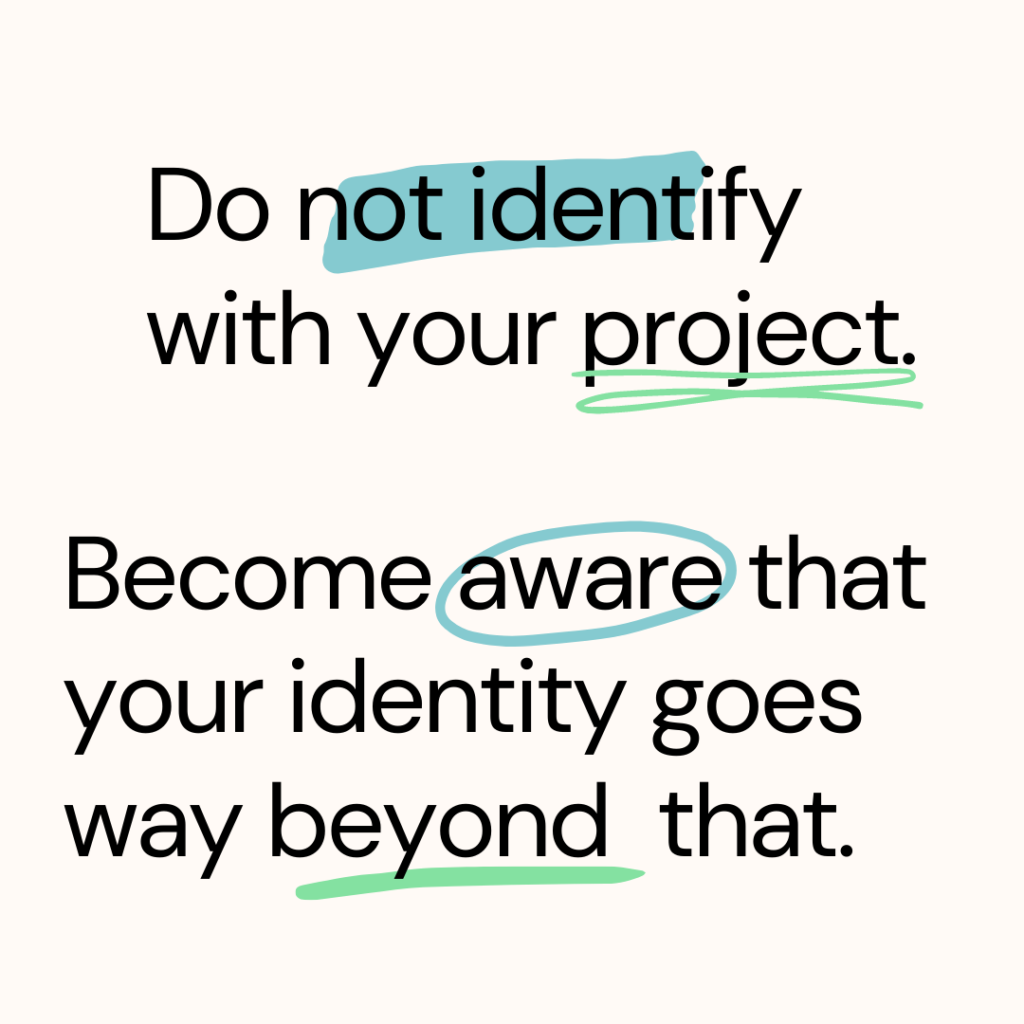Motivation is the process that starts, guides and sustains a PhD journey. At the beginning is the trigger that jump starts you. Afterwards, it becomes the drive that pushes you to continue till you reach your objective: getting the PhD.
Nevertheless, even with this clear objective in mind, your motivation will fluctuate because there will be periods when you are under a lot of stress and there is a lot required from you. Many times you will think “This is all too much!”. Those are the moments when you feel the finishing line getting far away.
How to get back your motivation in these situations?
I started talking about this with Miguel, a PhD student of Plant Breeding at Wageningen University (NL). Miguel and I know each other since his MSc thesis when I was his daily supervisor. I remember his curiosity regarding the topic we were studying together, often coming into my office to discuss about something he had read with such an enthusiasm!
For Miguel, motivation has two faces.
On one hand, he realises to be working in the best university of the world when it comes to Plant Science, which makes him proud; and, during these past four years, he has developed competencies and technical skills that allow him to actually be doing great research! It is known that the more competences you learn the higher the satisfaction in performing the activities you are busy with. This increases your self-efficacy and, consequently, your self-esteem, boosting your motivation back up.
On the other hand, Miguel has realised in time that the job that he does, as a PhD student, although sometimes may seem encompassing all that he is, actually does not define who he is. This is a beautiful lesson of self-awareness which led him to look for a more balanced work-life style.

Another core lesson, linked to the previous one, regards a good PhD student-supervisor relationship. He says: “You need to learn the art of negotiation, of saying no, of setting priorities and how to get what you need. To achieve these goals, you need to know yourself and where your boundaries are.”
In this process of hard work and self-discovery it is easy to feel lonely and misunderstood or to hit a wall in your research. At that point do not forget to reach out to your peers, talk to them, initiate collaborations. Ask questions. Be brave. There is a lot to gain from this experience. And from the whole PhD journey.
